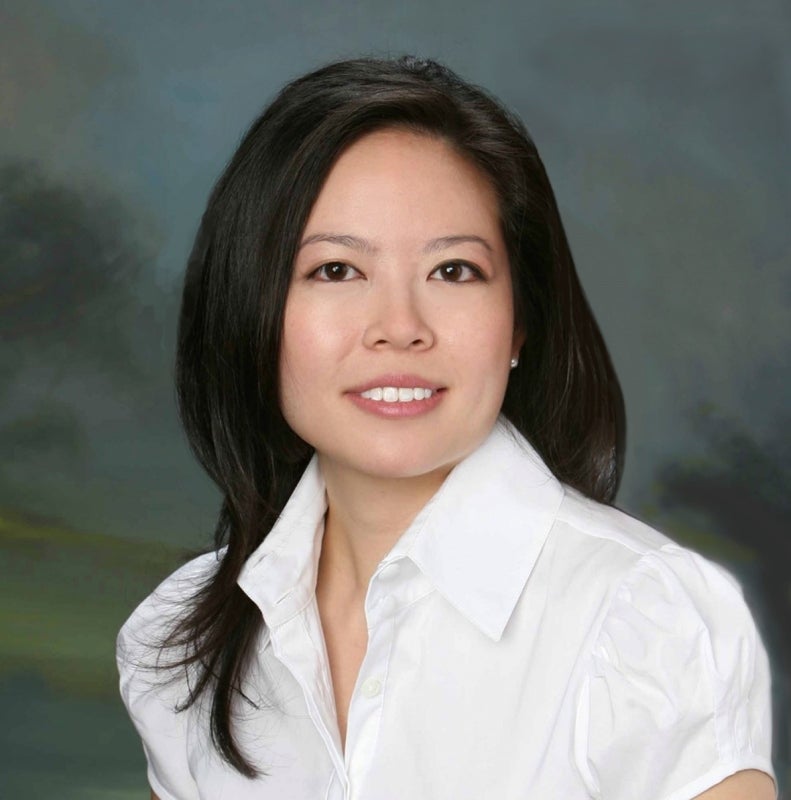A 3-dimensional (3D) model that mimics the microenvironment of a particular organ system requires bioactive and structural elements to maintain specific cellular phenotypes. Cellular phenotypes specific to a healthy or diseased state may be modeled and/or interrogated in a controlled culture system. These 3D systems are used for translational tissue engineering approaches, pharmacological screening, identifying novel therapeutic targets, and investigating cellular interplay within cell networks or de novo microtissues of interest, specifically in bone and exocrine glands. The overarching goal of this work is to identify, design, and provide therapies to improve patient health and outcomes.

Dr. Danielle Wu is an assistant professor in the Department of Diagnostic and Biomedical Sciences at UTHealth School of Dentistry at Houston. Her main areas of expertise are mechanobiology and tissue engineering. Dr. Wu's research interests focus on developing and testing tissue engineering prototypes in preclinical models for the restoration of radiation-induced tissue damage. This work uses primary human stem/progenitor cells in bioactive hydrogel culture systems as a vehicle for transplantation and biointegration. She also investigates the perlecan-associating mechanotransduction mechanisms in bone cell networks within a novel biomimetic culture model to elucidate bone's responses to mechanical loading and disuse.


